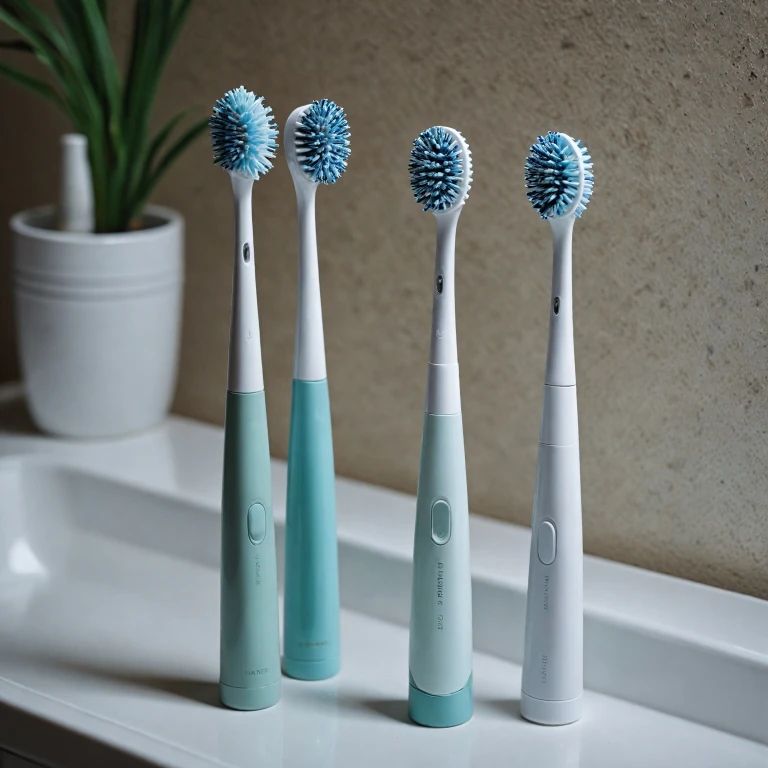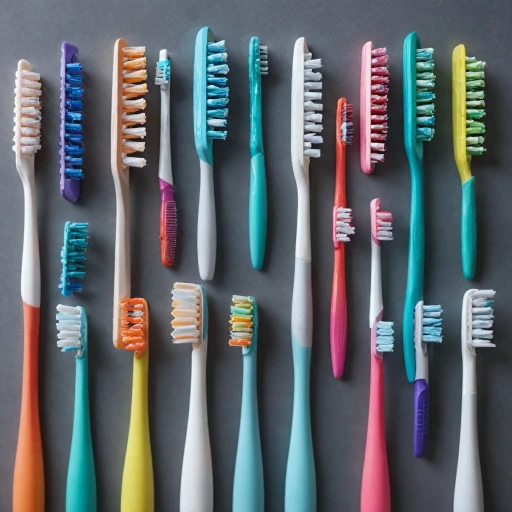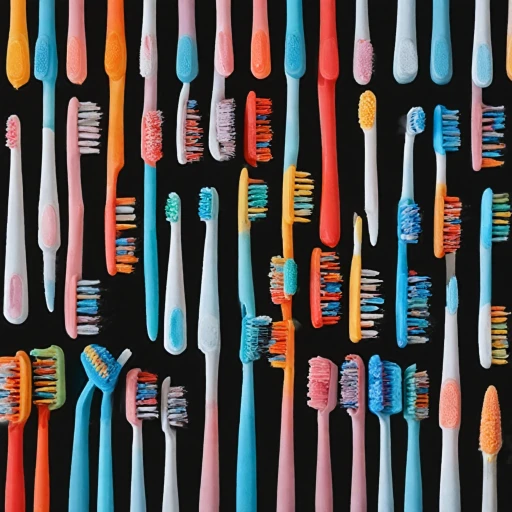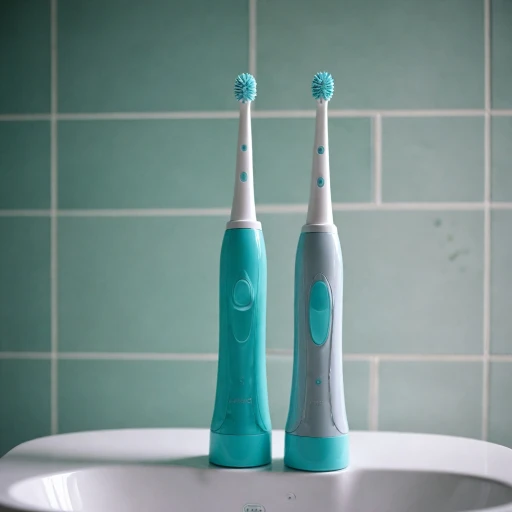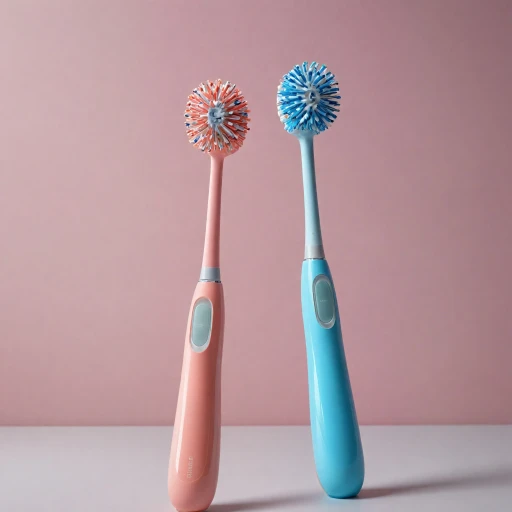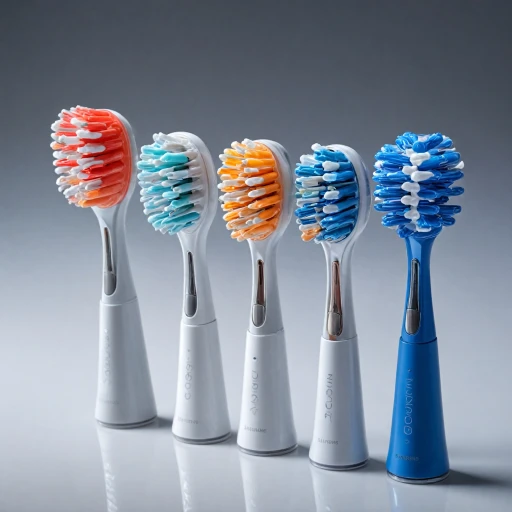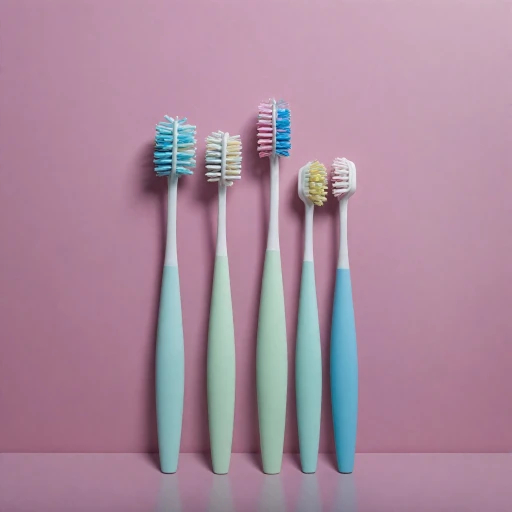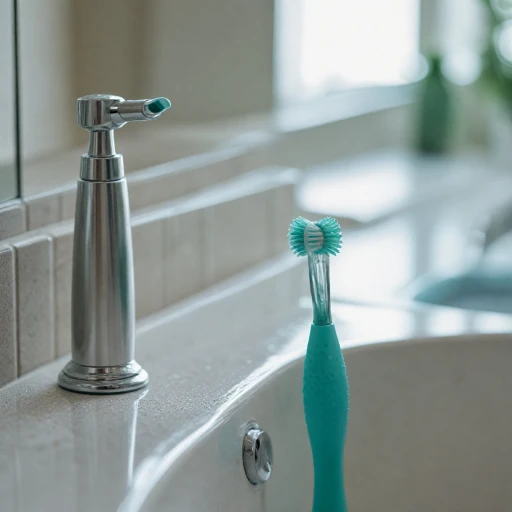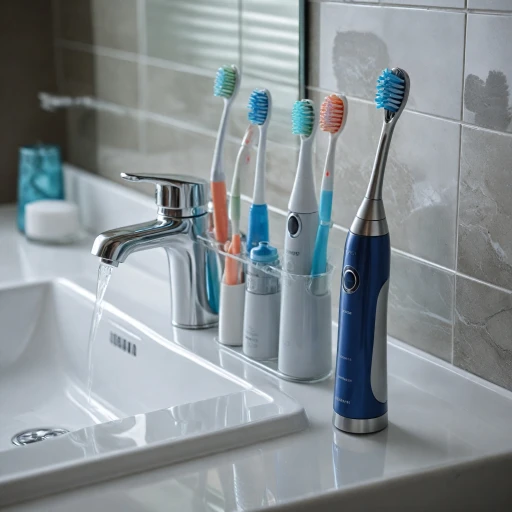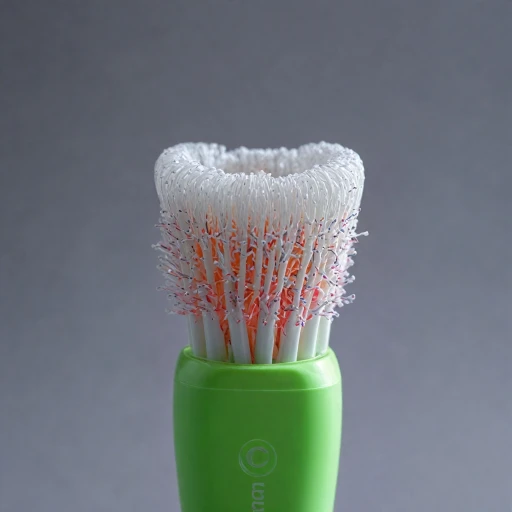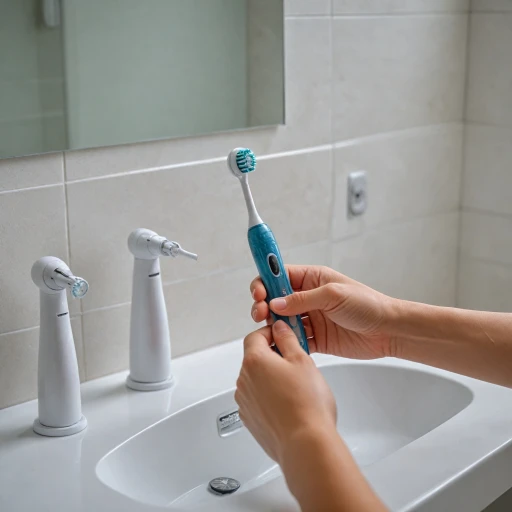
Understanding Bristle Types
The Basics of Bristle Types
Understanding the different bristle types available for your electric toothbrush is crucial for effective oral care and ensuring the health of your teeth and gums. The main categories of bristles you’ll encounter include soft, medium, and hard bristles, with each type providing distinct benefits and considerations. Soft bristles are gentle on your enamel and gums, reducing the risk of irritation or damage during brushing. These are generally recommended for those with sensitive teeth or weakened enamel. A soft toothbrush is particularly effective in removing plaque gently, promoting healthy gum maintenance. Medium bristles offer a balance between firmness and gentleness. They provide efficient plaque removal while still being kind to your teeth and gums. Medium toothbrushes are suitable for those who require a bit more scrubbing power without compromising their gum health. On the other hand, hard bristles are more abrasive. While they may provide an intense cleaning experience, they can also pose a risk to your gums and enamel if used improperly. Hard bristle toothbrushes are generally not recommended unless specifically advised by a dental professional. For more insights on specialized tools like end-tuft brushes that complement your electric toothbrush’s oral care routine, you can explore exploring the benefits of end-tuft brushes.Impact on Oral Health
Influence on Your Teeth and Gums
When choosing between medium and soft bristles for your electric toothbrush, it’s crucial to consider their impact on oral health. Bristle firmness can significantly affect your teeth and gums, influencing elements like plaque removal and potential enamel wear.
Soft toothbrush bristles are known for being gentle on gums and tooth enamel. They’re effective at removing plaque while reducing the risk of damage, making them a popular choice for individuals with sensitive gums or teeth. This is especially crucial if you experience tenderness or receding gums.
In contrast, medium bristles deliver a firmer brushing experience that can dislodge stubborn plaque, but they require careful use to avoid being too abrasive. Overly aggressive brushing with medium or hard bristled toothbrushes can lead to enamel erosion and gum recession over time.
Considering these factors is essential for optimal oral care. Evaluating how each bristle type aligns with your dental needs can guide you towards a choice that complements your health regime. For insights into enhancing oral care practices, such as the importance of using interdental brushes alongside your electric toothbrush, you can read more here.
Dentist Recommendations
Insights from Dental Professionals
When it comes to choosing between medium and soft bristles for your electric toothbrush, dental professionals consistently emphasize the importance of considering your oral health needs. Dentists generally recommend using a soft bristle brush for most individuals, as they are gentle on the gums and enamel while effectively removing plaque. This reduces the risk of gum recession and enamel wear, common issues with harder bristles.
However, medium bristles can be effective for individuals who feel that a soft toothbrush doesn’t sufficiently clean their teeth, especially in cases with significant plaque buildup. Nevertheless, brushing technique plays a crucial role here. It's essential to brush gently to prevent damage, even if you opt for a medium toothbrush.
Ultimately, many dental professionals advise focusing more on the brushing method rather than the bristle firmness. Knowing how to use your electric toothbrush correctly can enhance the cleaning efficacy regardless of the bristle type you choose.
User Preferences and Comfort
User Experiences with Different Bristle Types
Choosing between medium and soft bristles for your toothbrush often boils down to personal preference and comfort. While some users find soft bristles more gentle on their gums and enamel, others prefer the firmness of medium bristles for that clean feel. The individualized needs of each person’s oral care routine play a significant role in this choice. One of the main considerations is how your gums and teeth react to different bristle types. For instance, if you have sensitive gums or thinning enamel, a soft bristle toothbrush might be more suitable. The gentle touch can provide effective cleaning without risking any harm to your dental health. On the other hand, some users with more resilient oral structures might opt for medium bristles, which can offer a slightly firmer brushing feeling that helps with the sensation of plaque removal. Understanding your own comfort level during brushing is crucial. Some may find that soft bristled toothbrushes deliver a comfortable experience that doesn’t cause any discomfort or irritation. Medium toothbrushes, however, might offer a balance between firmness and softness, catering to those who desire a bit more pressure during brushing but still aim to be gentle on their teeth gums. Ultimately, it is essential to observe how your mouth responds to each type of toothbrush and consider trying both soft and medium toothbrushes to see which feels more comfortable for you. Your personal comfort should be a guiding factor in maintaining a healthy and effective oral care routine.Durability and Maintenance
Durability and Care of Bristle Types
When choosing between medium and soft bristles for your electric toothbrush, understanding durability and maintenance is essential to optimize your oral health. Here’s what you need to know:- Durability: Medium bristles are typically more durable than soft bristles, maintaining their shape and stiffness for longer periods. If you value longevity in a toothbrush, medium bristles may be a suitable choice as they tend to wear down slower than their softer counterparts.
- Care Routine: Regardless of the bristle type, proper care of your toothbrush is important for effective oral care. Rinse your toothbrush thoroughly after each use to remove toothpaste and food particles, then let it air dry. Ensuring your toothbrush is stored upright in a holder can also help maintain the integrity of the bristles.
- Replacement Frequency: Soft bristled toothbrushes might require more frequent replacement, especially if you brush vigorously, leading to frayed bristles. Dentists typically recommend replacing your toothbrush every 3 months or once the bristles show significant wear.
- Impact on Brushing Technique: Ensure your brushing technique is appropriate for the bristle type. Soft toothbrushes are more forgiving, offering gentler brushing that can protect your enamel and gums, especially if you tend to brush aggressively.
Making the Right Choice for You
Finding the Best Fit for Your Oral Care Needs
When it comes to making the right choice for your electric toothbrush, selecting between medium and soft bristles is crucial for effective oral care. Your decision should take into account a combination of factors including dental health needs, gum sensitivity, and personal comfort preferences.- Dental Needs and Goals: Evaluate what your primary concern is. Are you seeking effective plaque removal, or is protecting sensitive gums a priority? Medium bristles are known for their ability to remove plaque efficiently, whereas soft bristles are typically gentler on gums.
- Gum and Teeth Sensitivity: Consider how sensitive your teeth and gums are. Soft bristles are often recommended for those who experience discomfort during brushing or have receding gums. Medium bristles can cater to those with harder enamel and stronger gums.
- Comfort and Experience: Your comfort while brushing can greatly affect your oral health routine’s effectiveness. Trying different bristle types temporarily can give you a better understanding of what feels best and works most effectively for you.
- Dentist's Advice: Consult with your dental professional for personalized recommendations grounded in the current state of your teeth and gums. This guidance can provide a reliable foundation for your decision.
- Maintenance Considerations: Whichever type you choose, it is important to maintain the toothbrush properly for longevity and hygiene. This includes regular replacement of brush heads to ensure optimal performance.

